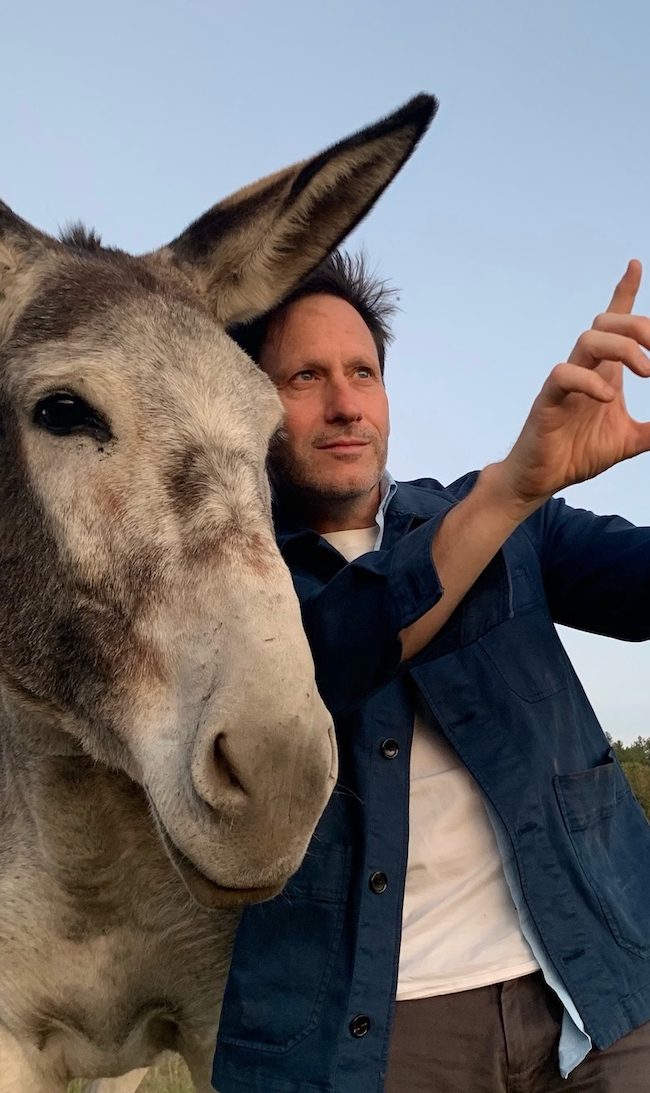BEBA

(The 2021 Toronto International Film Festival runs Sep 9-Sep 18 in Toronto, Canada. HtN has a ton of coverage from the fest so stay tuned! Like what you see here on Hammer to Nail? Why not give just $1.00 per month via Patreon to help keep us going?)
BEBA is an autobiographical documentary by Rebeca Huntt about her complicated biracial upbringing in Manhattan. “Beba” was the childhood nickname that her mother gave her. The film traces the filmmaker’s family’s journey, as well as the trail she blazes for herself. For a critic to give BEBA a letter grade or a numerical score seems, in this case, a little fucked up. “I give your life a C-, if only it had more structure…” (Luckily we don’t score films here at Hammer to Nail.) BEBA is many things; a self portrait, a treatise on race, but most notably it is alive. Which is more than can be said for some documentaries. Perhaps the film is a bit self-indulgent, but how many white male filmmakers have made a self-indulgent first feature? One of the labels she gives herself towards the end of the film is ‘narcissistic,’ though the word seems harsh based on the footage we’ve seen to that point. The underlying mood is of young restlessness, which feels fresh and aspirational. An executive producer on the project is Academy award nominee Petra Costa (The Edge of Democracy), who uses a similar personal voiceover narration in her films. We need more personal stories told by women of color, so it’s encouraging to see how much support Huntt has had along the way. With BEBA, she clearly makes no compromises.
Like a diary, the film flows in chronological order, and covers a lot of ground. It’s understandable that Huntt jumps around so quickly, because so does her young life. A college semester abroad in Ghana brings back memories of her ancestors harvesting sugar cane. But the film only lingers there for a moment, off to the next diary entry. Huntt interviews both her parents, who are from the Dominican Republic (dad) and Venezuela (mom). She uses the peripheral moments of the interview to great effect, and just when her mother is about to start answering some questions, the film turns the page. Pacing is key here in creating a hypnotic cadence that makes the film feel like one long spoken word poem.
I’m not equipped to address some of the larger themes in the film relating to race, but Huntt’s stories are powerful and we should be listening. One scene recalls Beba gathering empty crack vials for a school project, not understanding what they were but being drawn to them because they ‘looked pretty.’ Later she attends Bard college and is swept up into the popular group of pretty white kids. Despite being beloved by her friend group, she wrestles with the feeling of not fitting in. This feeling is heightened in a cringeworthy conversation she has with three white college liberals who question the tactics of the Black Lives Matter uprising, and Beba understandably boils over like a teapot.
On technical merits, the film passes with flying colors. (Remember, no grades here). Most notable is the editing by Isabel Freeman, who finds a rhythm to keep the audience engaged throughout. The 16mm cinematography by Sophia Stieglitz is gorgeous to look at on the big screen, but not exactly boundary pushing. Another highlight is the music, which careens from one end of the spectrum – a Catch Me If You Can style score that fits perfectly, to Doris Wilson’s Big Flame, which Netflix subscribers will recognize as the theme song to I Think You Should Leave. Ya Ya Ya Ya Ya Ya, Yaa-aaaah. There’s a big flame in Beba’s heart.
– Matthew Delman (@ItsTheRealDel)











